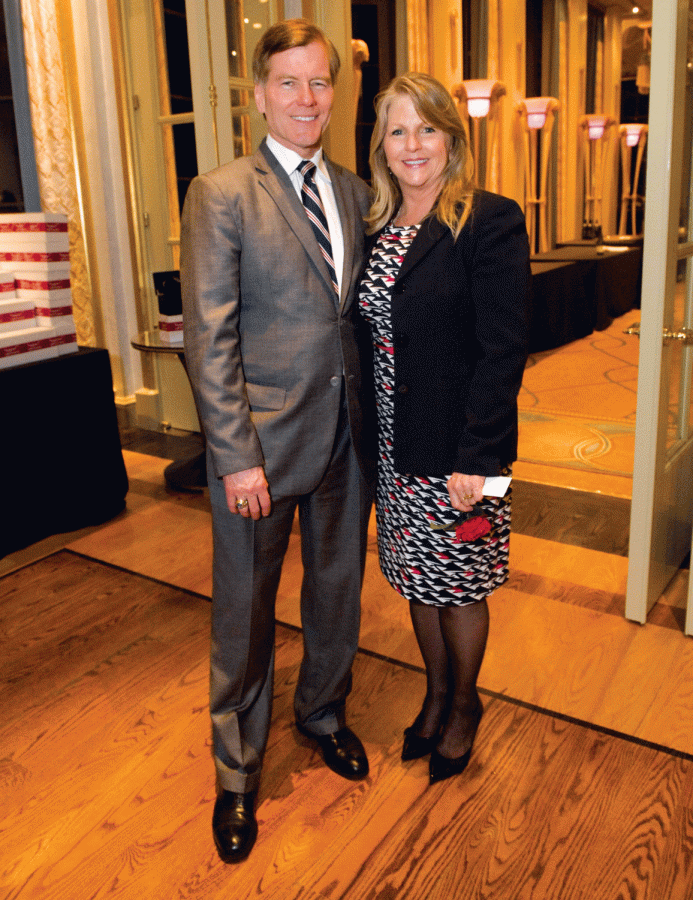Hamilton Legal: Corruption in the Government
In one of the most highly publicized trials of the summer, a jury found former Virginia Governor Bob McDonnell and his wife Maureen guilty of corruption on September 4. Specifically, McDonnell was found guilty of 11 counts of conspiracy, bribery and extortion, while his wife was found guilty of nine counts. They both face several years in prison, though they will likely appeal.
The trial began when investigators sought a reason behind the McDonnells suddenly receiving several luxuries, including a Rolex, Armani clothing and free trips. These luxuries, in addition to $120,000 in undocumented loans, turned out to be gifts from vitamin executive and owner of Star Scientific Inc., Jonnie R. Williams Sr.
The prosecution had to prove that the McDonnells accepted these gifts with corrupt intent; McDonnell testified that he gave Williams only “the bare, basic, routine access to government and nothing more.” The McDonnells’ attorneys relied heavily on painting a portrait of severe marital troubles, making conspiracy impossible, but this defense did not convince members of the jury.
Williams’ testimony greatly aided the prosecution’s case; he spoke about conversations he had with the McDonnells that suggested conspiracy was indeed at play. The defense attorneys responded by trying to demonstrate that Williams took the stand only after receiving confirmation that he would not face prosecution. Once again, they failed to convince members of the jury.
This case is certainly not the first corruption scandal we have seen against our elected officials in recent times. The John Edwards trial, in which the Justice Department dropped charges against him, was only two years ago. This time around, the American people finally can see their disgraced representatives face the scrutiny of the justice system.
The McDonnells were doomed from the start. They suffered $90,000 in credit card debt and arranged meetings for Williams with state officials, which certainly did not suggest an innocent relationship.
Additionally, McDonnell moved out of his house only shortly before the trial began, contradicting the defense’s claim of a horrible marital situation. The evidence piled up against the couple.
Legal experts insist that the outcome of this trial will have implications for what constitutes an “official act” under the law. U.S. Code 201 (bribery of public officials and witnesses) says that corruption involves an elected official who receives anything of value personally in exchange for “being influenced in the performance of any official act.” In this specific case, the jury found that arranging meetings for Williams (as well as other favors, such as hosting events) constituted an official act. This outcome may broaden the Justice Department’s view in the future on what kind of actions are involved in corruption.
Thus, we may see the dawn of a more hawkish Justice Department when it comes to legal matters such as conspiracy and bribery. This attitude is a positive move forward for our country; elected officials should not have any reason to believe they are exempt from obeying the law, a truth McDonnell must now accept. As representatives of the public and everyday citizens, lawmakers have a responsibility to not only make laws but follow them.










